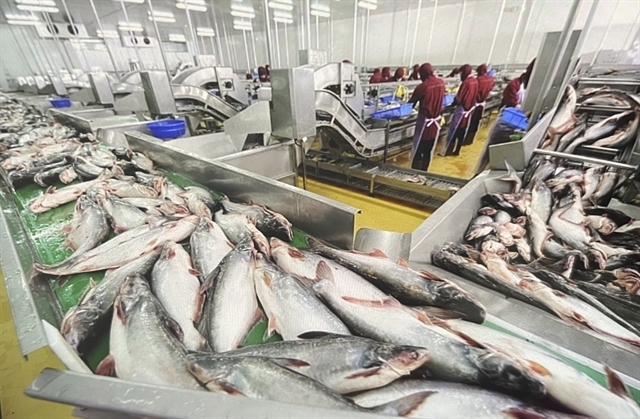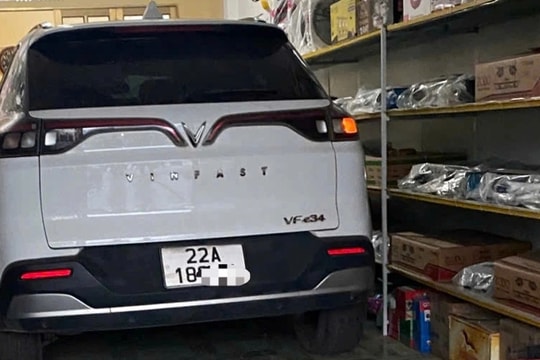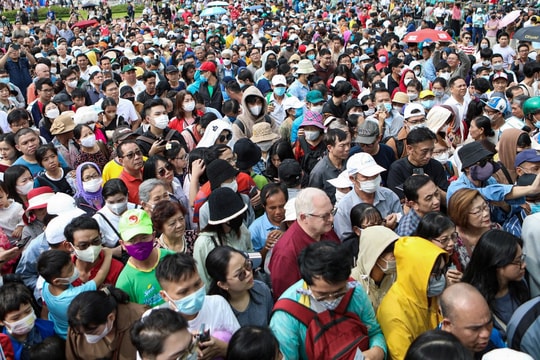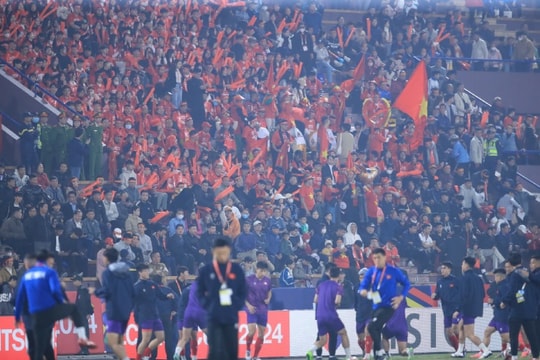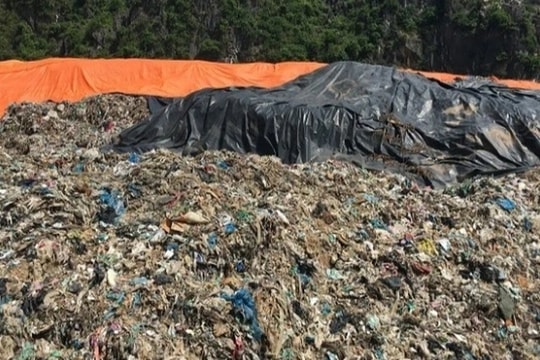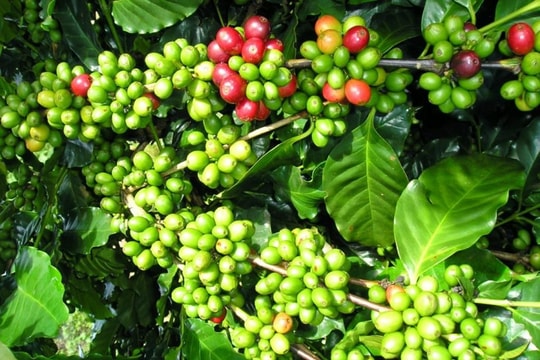As of the end of August 2024, exports of dried pangasius fish maws had reached US$58 million with China the largest buyer.
In the first eight months of this year, this country had imported US$21 million worth of the product, accounting for 36% of Vietnam’s total export value for this product.
Currently, 12 Vietnamese companies are supplying to the Chinese market.
Over the past two years, China has increased its purchase of the snack to compensate for a supply shortage from Mexico, boosting revenues for many Vietnamese enterprises.
“Fish maw is not only a delicacy prized in China, but also a symbol of success, prosperity and wealth in the country,” said VASEP.
“Therefore, the product is often used as a gift at important events in China."
Prices for fish maws in China can range from US$450 to US$1,000 per kilogramme.
VASEP added that Mexico used to be China’s top choice but due to certain endemic fish species facing extinction and tighter regulations in Mexico, China has gradually shifted its focus to Southeast Asia, significantly increasing purchases from Vietnam.
In the seafood industry, pangasius fish maws were once considered a by-product with little value. They are now relatively expensive due to the intricate processing involved. To produce one kilogramme of dried fish maws, five to seven kilogrammes of fresh fish are required.
In addition to China, Vietnam exports to Thailand, Malaysia, Singapore and the US.
The potential for Vietnam’s dried fish maw export remains huge, but the shortage of input materials is a big challenge, according to VASEP.



